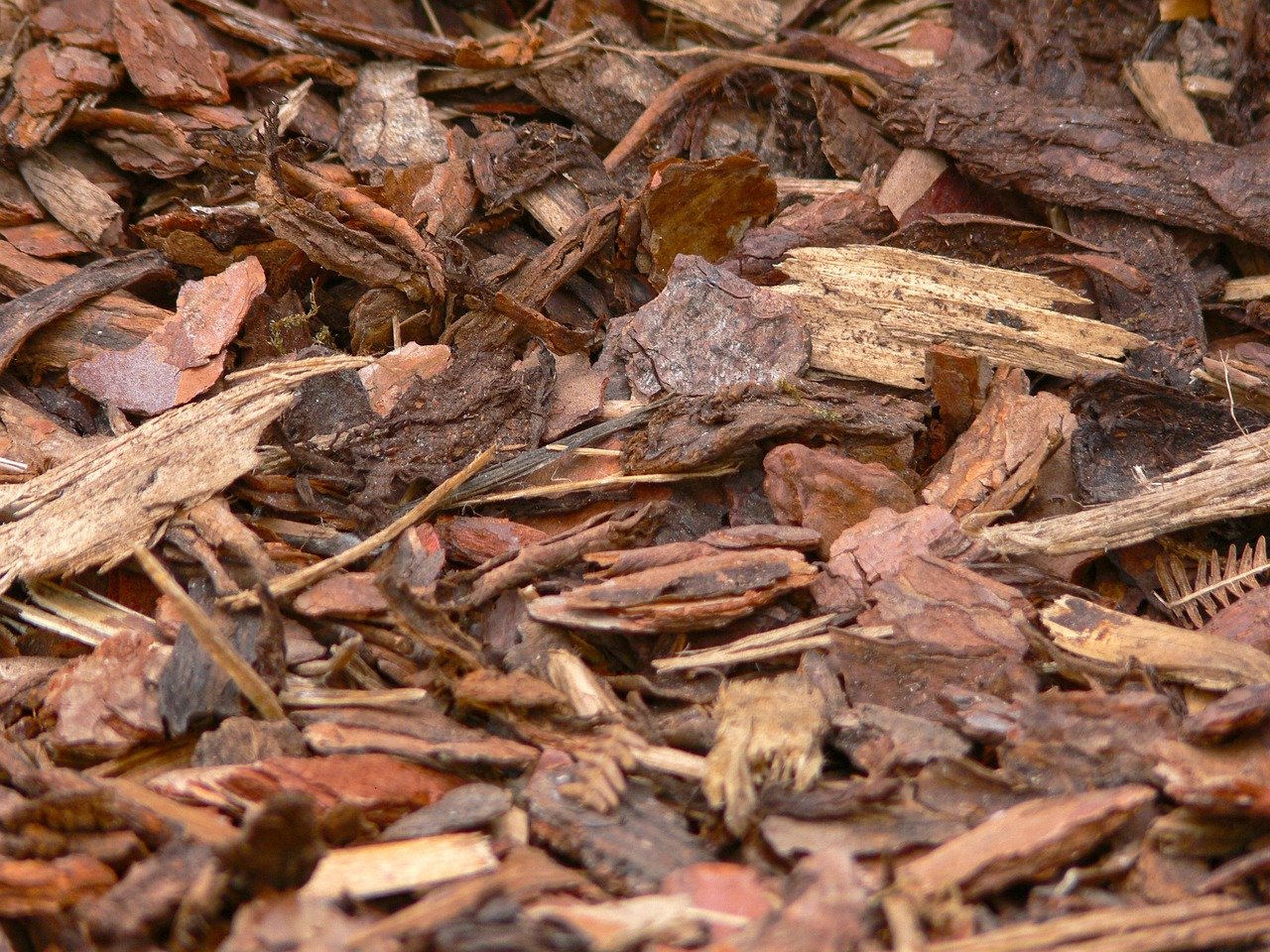The Power of Mulch: Harnessing Moisture Control for a Thriving Garden
Image via Pixabay
Maintaining adequate moisture levels in your garden is a fundamental aspect of successful plant growth. Whether you're an experienced gardener or just starting your green thumb journey, understanding the importance of moisture control can make a significant difference in the health and productivity of your plants. One excellent tool that can help you achieve optimal moisture balance is mulch. In this blog post, we'll explore the benefits of using mulch for moisture control and why it should be an essential component of your gardening arsenal.
Conserving Moisture
Mulch acts as a natural insulator for the soil, reducing moisture evaporation by creating a protective barrier between the soil and the atmosphere. It prevents direct sunlight from reaching the soil surface, minimizing the drying effect of the sun's rays. By conserving moisture, mulch helps to ensure that your plants receive a steady supply of water, even during hot and dry periods. This is particularly beneficial for areas prone to drought or where water conservation is a concern.
Retaining Soil Moisture
Mulch serves as a remarkable moisture regulator by preventing excessive water loss due to evaporation. It helps retain moisture within the soil by reducing the surface area exposed to air movement and direct sunlight. By preserving moisture levels, mulch creates an ideal environment for plant roots to thrive, promoting healthy growth and reducing the need for frequent watering. Additionally, consistent moisture levels contribute to more efficient nutrient absorption and root development.
Controlling Weeds
Weeds can rapidly deplete soil moisture and compete with your desired plants for water and nutrients. Mulch acts as a protective barrier, preventing weed seeds from germinating and reducing the growth of existing weeds. By keeping weeds at bay, mulch minimizes competition for water, allowing your plants to receive the full benefits of the available moisture.
Preventing Soil Erosion
When heavy rains or strong winds occur, topsoil erosion becomes a common concern in gardens and landscapes. Mulch helps stabilize the soil by acting as a natural erosion deterrent. It absorbs the impact of raindrops and slows down water runoff, allowing it to penetrate the soil gradually. By preventing soil erosion, mulch helps retain the moisture within the root zone, preventing nutrient loss and ensuring a healthy growing environment for your plants.
Balancing Soil Temperature
Mulch acts as an insulating layer that moderates soil temperature fluctuations. It helps keep the soil cool during hot summer months and provides insulation against extreme cold in winter. By maintaining optimal soil temperatures, mulch supports moisture retention and promotes the growth of beneficial soil microorganisms that contribute to overall soil health.
Choosing the Right Mulch
Various types of mulch are available, each with its own unique properties and benefits. Organic mulches, such as wood chips, straw, or shredded leaves, offer the additional advantage of decomposing over time and adding valuable organic matter to the soil. Inorganic mulches, like gravel or landscape fabric, provide long-lasting moisture control and weed suppression without the need for replacement. Consider factors such as aesthetics, availability, and the specific needs of your garden when selecting the most suitable mulch for your purposes.
Conclusion
Incorporating mulch into your gardening routine is a simple yet powerful step toward effective moisture control. By conserving and retaining soil moisture, suppressing weeds, preventing erosion, and balancing soil temperature, mulch plays a vital role in creating a thriving garden environment. Make the most of this readily available resource and witness the transformation it brings to your plants' health and productivity. Embrace mulch as a natural ally, and your garden will reward you with lush, vibrant growth year after year.

